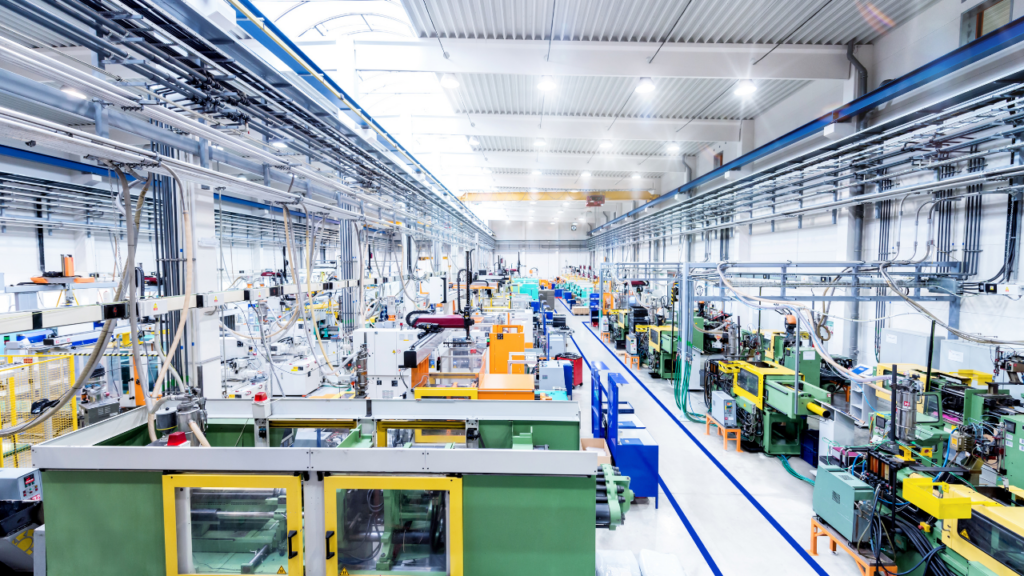An effective ERP system tailored for the food and beverage industry enhances compliance, traceability, and operational efficiency, enabling manufacturers to navigate sector-specific challenges and optimize inventory management.
5 Things Food & Beverage Manufacturers Should Look for in their ERP

Key Takeaways
⇨
A tailored ERP system enhances traceability, compliance, and quality management in the food and beverage industry, ensuring adherence to regulatory standards.
⇨
Machine learning technologies improve inventory management and forecasting accuracy, allowing manufacturers to optimize shelf life and respond quickly to changing demand.
⇨
Choosing an ERP with industry-specific features like recipe management and lot traceability is crucial for operational efficiency and customer satisfaction in the food and beverage sector.
YOU MIGHT ALSO LIKE


